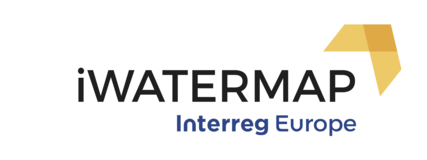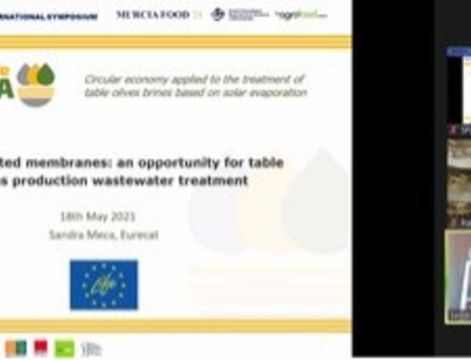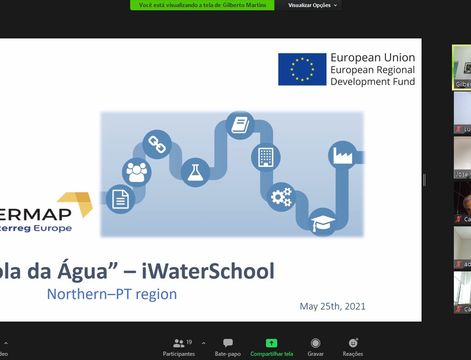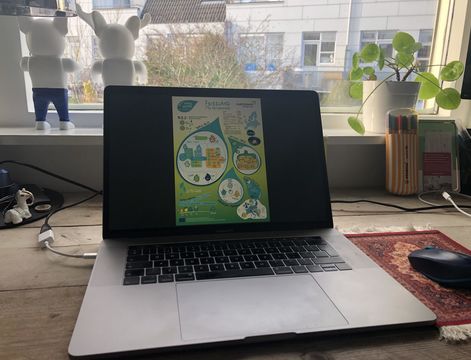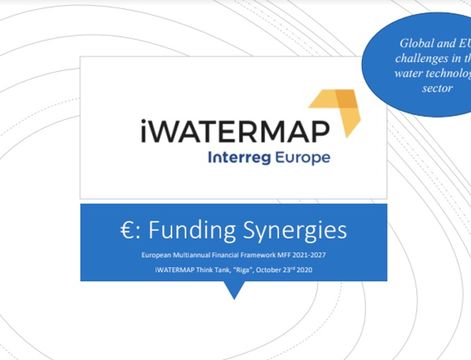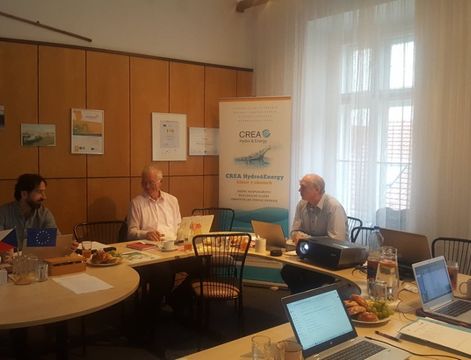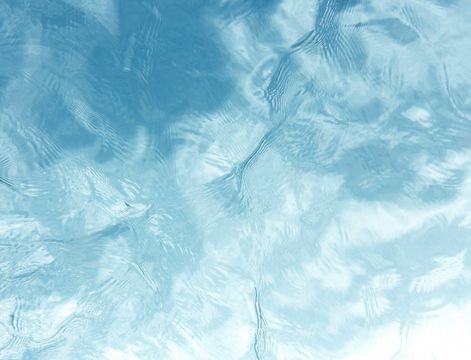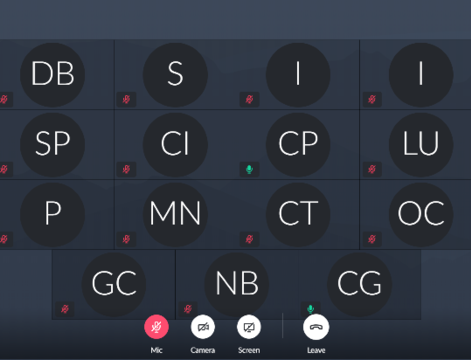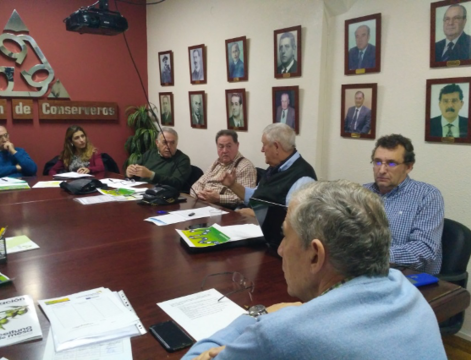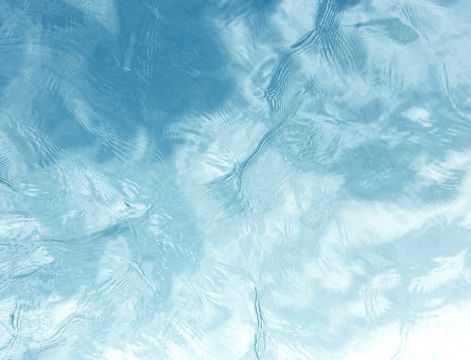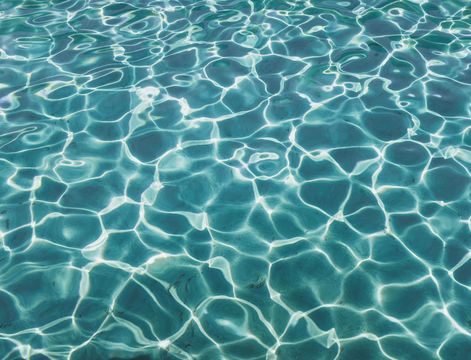Second regular stakeholders meeting of the European project INTERREG EU iWATERMAP: Water Technology Innovation Roadmaps - Road Maps of Innovation in Water Technology.
The Region of Crete organized the 2nd meeting of the European project INTERREG EU iWATERMAP ": Water Technology Innovation Roadmaps, on Wednesday 29 May 2019, in the Hall of the Regional Council.
In the meeting was attended, on behalf of the Region of Crete the executives: Lila Karali, (local coordinator), Dr. Maria Kandilogiannaki, Mr Manolis Methymakis (local financial manager) and Dr. Papadakis Antonios (local communication manager), as well as representatives of the following stakeholders:
1) Hellenic Centre For Marine Research
2) 2nd E.K.F.E. (Laboratory of Physics Sciences )
3) K.P.E. Archanes – Rouva – Gouves (environmental education center)
4) University of Crete
5) Chamber of Commerce & industry
6) FORTH (Greek Foundation for Researcher and Technology)
7) D.E.Y.A.M.P. (Municipal company of water supply and sewerage of Minoa)
8) IP. Y. s. Crete (Regional Centre For Educational Planning of Crete)
9) Municipality of Rethymno
The purpose of the meeting was on the one hand, the collection of relevant information and the development of partnerships between the involved stakeholders, and on the other hand, the investigation of how, the influence of policy instruments (regional policy instrument) will support research and innovation in the field of water.
Emerging synergies are expected to contribute to the preparation of the regional action plans for the development of human capital, the innovative entrepreneurship and the cooperation, at regional and European level, between all concerned individuals and public institutions and services in the field of water.
The participants of the meeting were focused on education, both in terms of the final consumers of human consumption water (domestic consumers e.g. children, students, professionals etc.), but also, other water users such as farmers and craftsmen. Also, the participants presented relevant actions undertaken already by the bodies that represent. The possibility of jointly developing new operational actions, across the spectrum of vocational training and education as the education of professionals (plumbers, engineers, etc.), were also discussed.
The meeting was concluded with a round-table discussion during which was discussed the possibility of the development of new training actions and investigated the new possibilities and the deficits in the area of water technology. The exchange of information in relation to the institution that everyone represents the networking of actors involved in the meeting led to the creation of a common communication network that will be a key foundation for future meetings and synergies.
